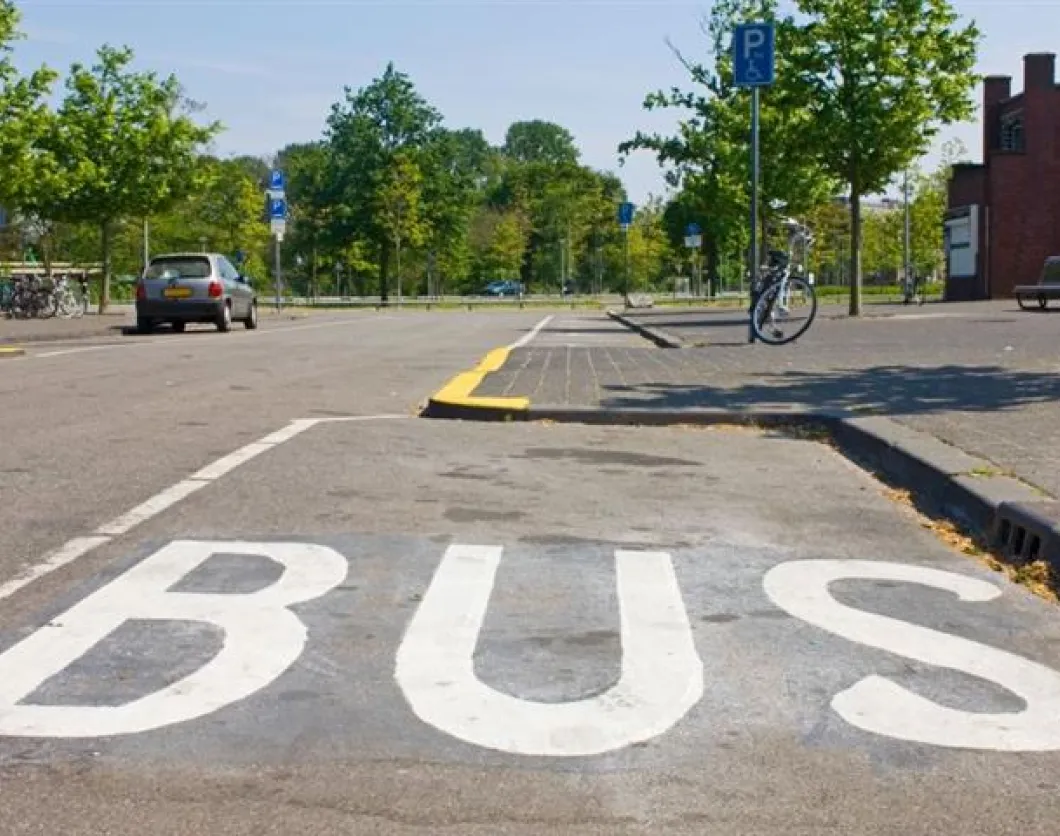The European Commission recently adopted two legislative proposals establishing sets of rights for passengers using bus and maritime services on both domestic and international routes. Rights include minimum rules on information for all passengers before and during their journey, assistance and compensation in the event of interruptions of journeys, measures in the event of delays and specific assistance for persons with reduced mobility. Like in the air and rail sectors, proposals foresee independent national bodies for settlement of disputes.
"The EU cannot afford different levels of rights for passengers depending on which mode of transport they travel with. With these two new regulations, we will cover all transport modes. All passengers can make their choice of preferred mode of transport knowing that their rights are equally enforced irrespective of the means", said Antonio Tajani, Vice-President of the European Commission responsible for transport.
Rights of persons with reduced mobility
Disabled passengers and passengers with reduced mobility are often prevented from travelling by bus and ship due to lack of accessibility of these services and the inexistence of necessary assistance for their needs.
The proposals address these problems by forbidding any discrimination on grounds of disability or reduced mobility with regard to booking a journey or boarding a vehicle or ship. Assistance is provided free of charge on condition that the passenger has notified a need for it in advance and arrives at the terminal or port at a predetermined time prior to the scheduled departure. Personnel of companies and staff of bus terminals or ports should have appropriate knowledge with regard to provision of assistance to disabled persons.
When the journey is interrupted
The proposals foresee that in case of interrupted or cancelled journeys, companies are obliged to provide passengers with adequate information, proper assistance and reasonable alternative services. Companies failing to meet these requirements ought to pay compensation calculated on the basis of the ticket price.
Liability for death and injury of passengers
The proposals set out the rules on companies' liability for passengers and their luggage. Passengers will be entitled to uniform compensation levels and will benefit from harmonized rules on liability.
Moreover, under certain conditions companies may not contest damages up to a certain amount in case of an accident. Passengers suffering an accident are entitled to advance payments in order to address economic difficulties that they or their families may face as a consequence of death or injury.
Complaints and means of redress
The opening of the market has not raised quality standards and services as it was expected, including better enforcement of passenger rights, user-friendly means of settling disputes and means of redress to be used by all companies. The lack of common procedures isolates passengers, having to cope with different procedures and deadlines.
Opponents
While broadly welcoming the move, the International Road Transport Union (IRU) asks that local buses be exempt from legislation designed for long-distance services. It also opposes a €220,000 (£195,000) liability requirement.
Confederation of Passenger Transport (CPT) communications director John Major says: “There are certainly elements of the proposals that appear, on the face of it, out of proportion and unreasonable, such as the strict liability of €220,000, which cannot be opposed by operators. We support the IRU in their line against this and will make suitable representations to the appropriate bodies at the appropriate time.”
EU countries will have to set up enforcement bodies responsible for ensuring the implementation of these regulations on their territory. If a bus or ship passenger considers that any of these rights have not been respected, he can bring the matter to the attention of the company. If he is not satisfied with the response, a complaint can be made to the national enforcement body designated by the country concerned.










